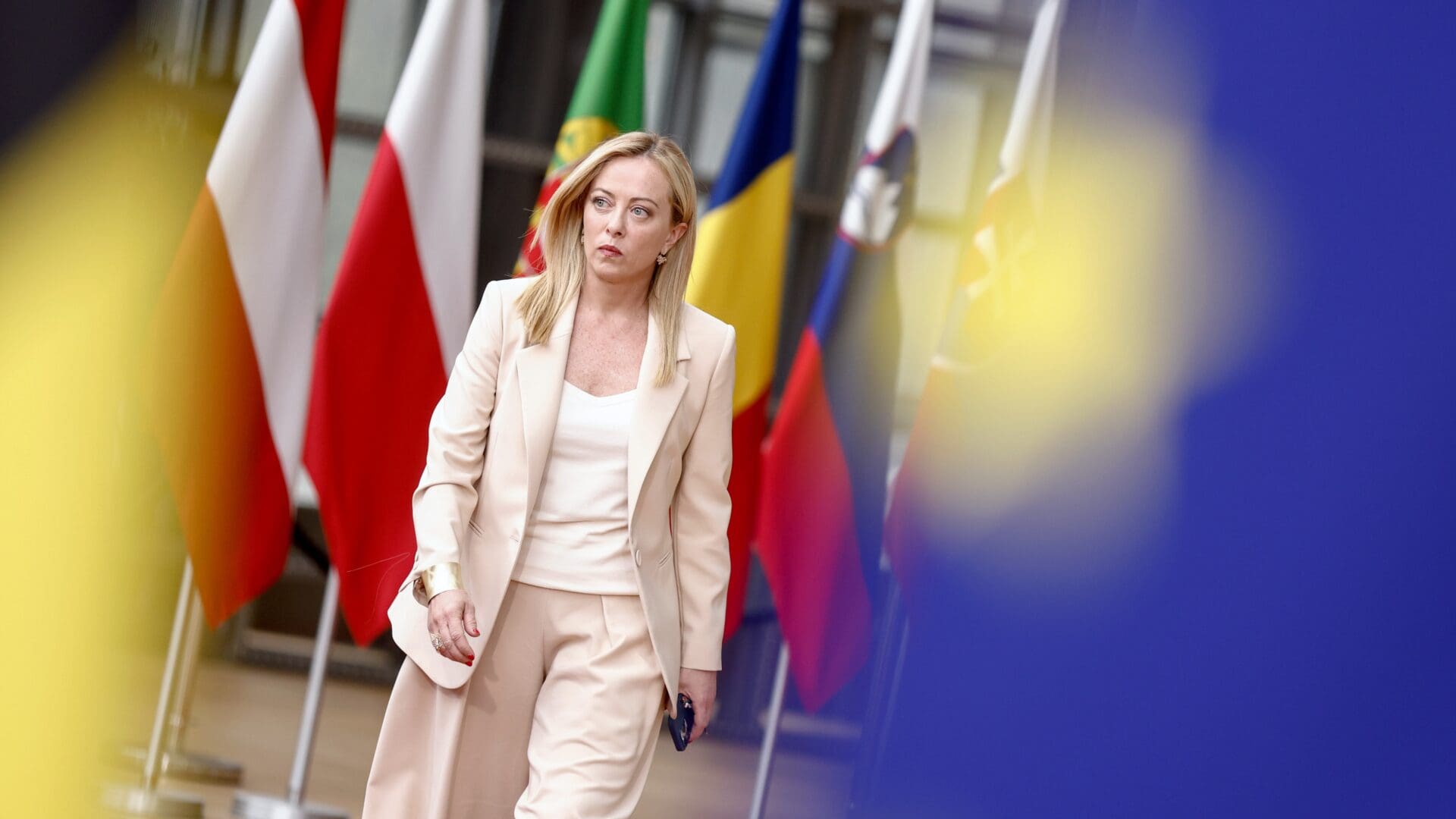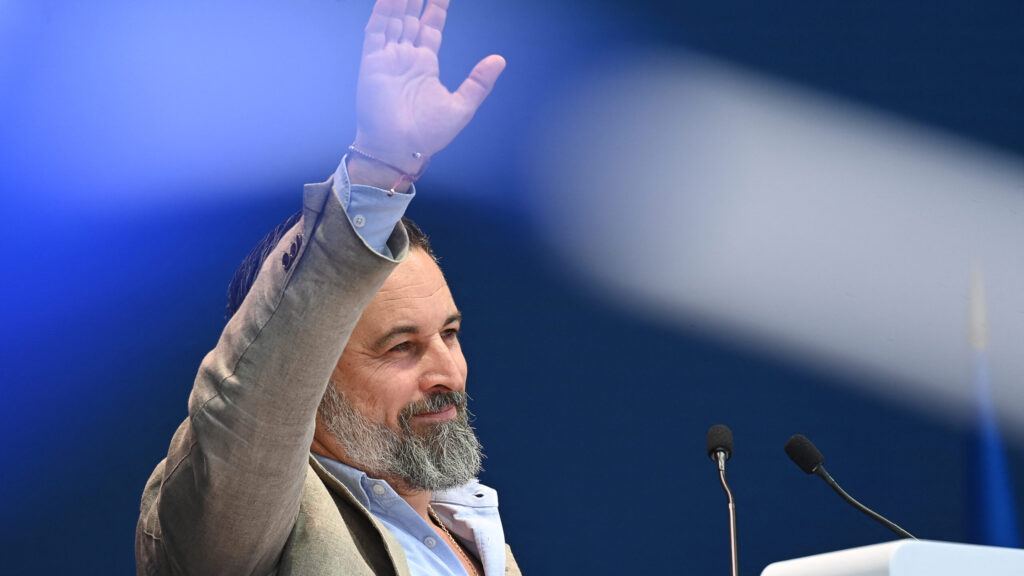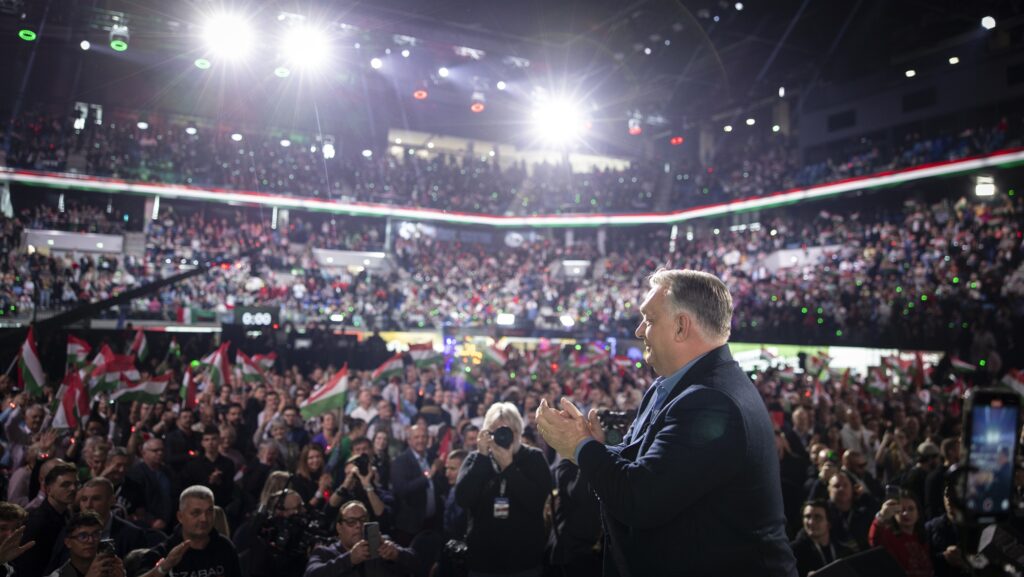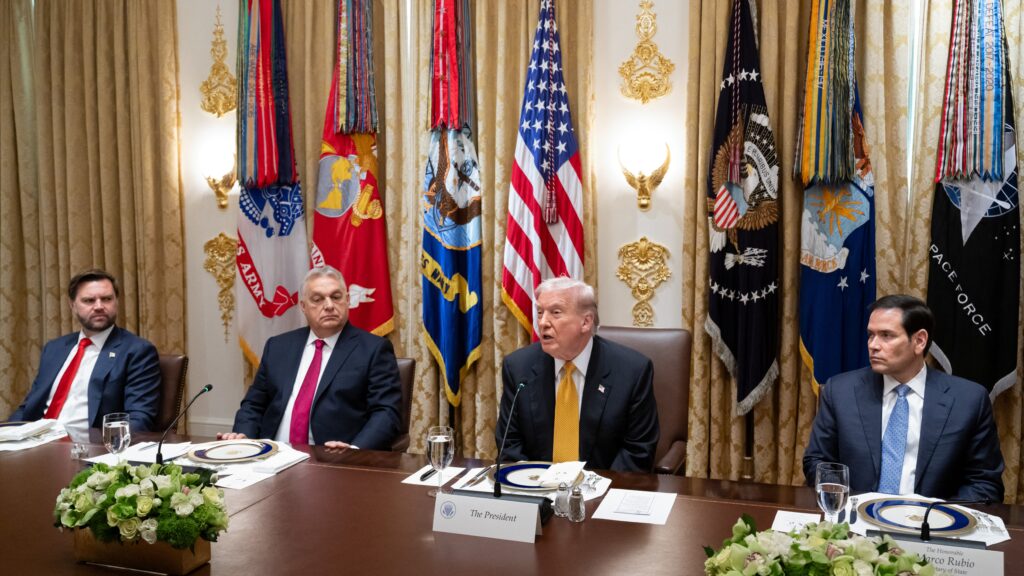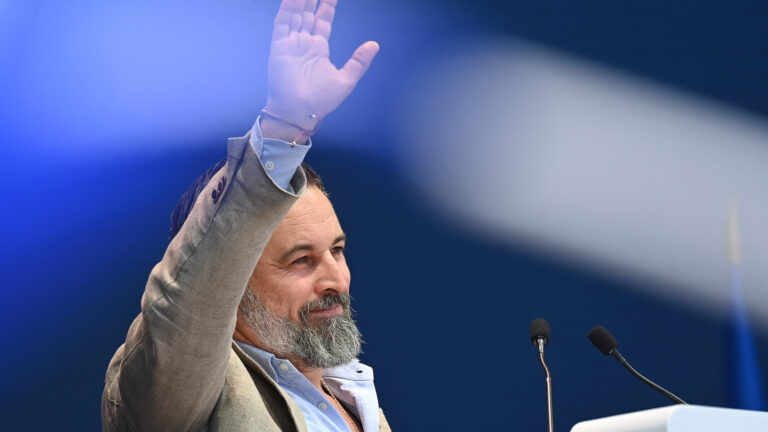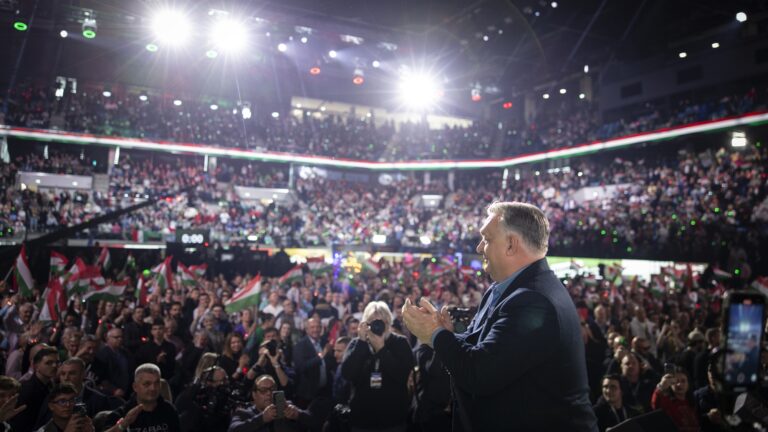Just over two weeks remain until the most important European Parliament elections in recent years. Right-wing parties are gaining strength, leading in opinion polls across Europe, giving them a real chance to change the balance of power in the next European Parliament (EP) after a long period. To this end, Italian Prime Minister Giorgia Meloni has undertaken a particularly difficult mission: uniting the continent’s right-wing parties.
She spoke about her intentions in an interview broadcast on Monday on the Italian commercial television channel Canale 5. ‘We are focusing on the name of the President of the European Commission, but the real challenge is to build a different majority than the one we have seen in the last five years, which is an unnatural majority between the European People’s Party and the Socialists,’ Meloni pointed out.
‘I want to attempt a challenging but fascinating task: to replicate in Europe what has been done in Italy, uniting parties compatible in their vision despite having completely different nuances… and sending the left into opposition,’
she explained according to a review by Euractiv.
It is not difficult to guess what the Italian PM means. Meloni is one of the leading figures in the European Conservatives and Reformists (ECR) political group, which could become one of the dominant political forces in the new EP. The same can be said of the Identity and Democracy (ID) group, which is predicted to become the third-largest group after the elections. Although the views of these two right-wing groups are very similar on a number of important issues, they differ in several areas. This is most apparent in foreign policy, where the ECR parties have a more Atlanticist stance and are fully committed to supporting Ukraine by almost any means, while the ID parties are not.
What is clear, however, is that both political groups
prioritize national sovereignty and a strong nation-state over the federalist vision of a ‘United States of Europe’.
For both ECR and ID, freedom is important, particularly freedom of expression, which has recently come under attack from the left. Most importantly, all right-wing groups aim to roll back leftist legislation that they believe has been out of touch with reality in recent years, such as the new Green Deal or the regulations on European farmers.
‘In recent years, the EU has dictated what we can and cannot eat, what cars we can and cannot drive. This, I believe, represents a limitation of the freedom of individuals and nation-states that needs to be reversed. The EU can and must set goals, but then nation-states decide how to achieve them,’ highlighted Meloni in the aforementioned interview.
The willingness to form an alliance does not seem to be limited to Meloni. Marine Le Pen, the leading figure of the French National Rally (NR), one of ID’s strongest party, recently stated that there are common points on which to start thinking about an alliance. ‘There are common points with Meloni,’ Le Pen stated at a conference in Madrid organized by the Spanish right-wing party VOX, which was also attended by Hungarian Prime Minister Viktor Orbán. ‘Meloni and Salvini care about freedom. There is no doubt that there are convergences for the freedom of the people living in Europe,’ she added.
Although Fidesz does not currently belong to a political group in the European Parliament, Orbán is among the leading right-wing politicians who would be very happy to see the ECR and ID merge. Matteo Salvini, the leader of the Italian Lega (ID) party, shares similar views and has already held talks with the Hungarian PM and former Polish Prime Minister Mateusz Morawiecki (PiS, ECR) regarding the issue. Fidesz could play
a crucial role in the creation of a united European right-wing force,
as it is still undoubtedly the strongest right-wing party in Europe. It should also be remembered that Orbán has a very good personal relationship with leading ECR and ID politicians such as Meloni, Le Pen, Morawiecki, and the Dutch Geert Wilders. Given this, Orbán could play an important part in negotiating the terms of a possible coalition.
Read more on the upcoming European elections:

